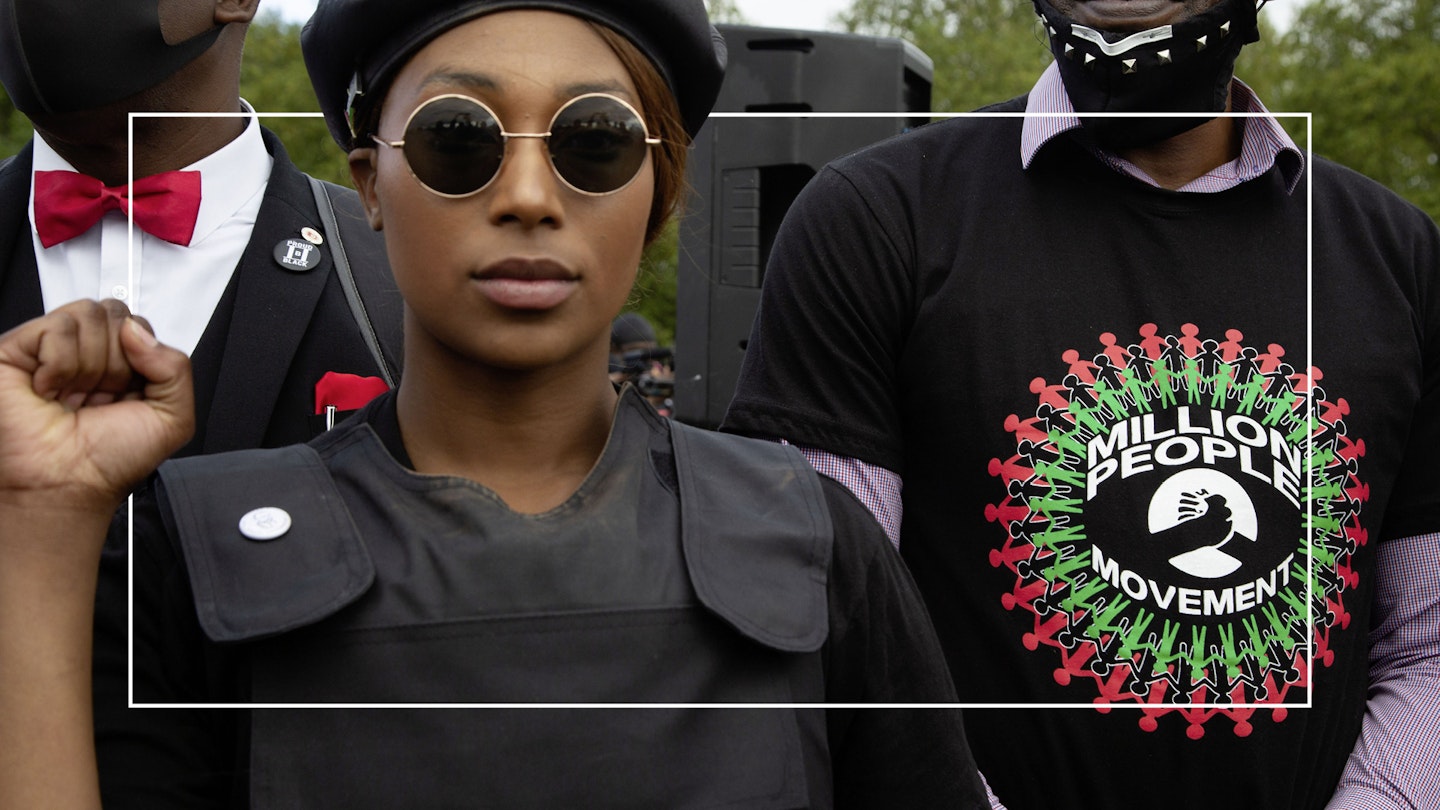Like most, I have made promises to spend less time mindlessly scrolling and try to be more present. It may be a common post- lockdown-but-still-in-the-middle-of-a-pandemic type resolution, but my reasoning is quite different. I’ve tried to spend less time on social media because it can be a triggering place for those of us who are Black. I’ve grown physically and mentally tired of stumbling upon videos showing the slaughtering of Black bodies.
But boredom won last night and so I scrolled through Instagram, hoping the lull of OOTD posts and sunflower fields would send me into a slumber. Instead, I was greeted with yet another video showing unwarranted violence towards a Black body. This time, a police officer’s knee had been replaced with their gun. I held my breath as I prepared for the inevitable. The man had his back to the police – in fact, he was walking away from them – yet the policeman kept his gun up at all times. As this man went into his car, where three young children were sitting, it happened: BANG, BANG, BANG, BANG, BANG, BANG, BANG. Seven shots were fired into the back of who I now know to be Jacob Blake. I watched, completely numb, as the screams and cries of onlookers in the video filled my ears. I let the phone slip from my hand and drop to the floor with a thud. I lay awake for hours.
It has been 100 days since the very public killing of George Floyd sparked universal outrage and reignited the passion behind the Black Lives Matter movement worldwide. During that period, which feels like yesterday, I was asked to appear on countless news and radio stations to talk about the ‘movement’ and whether I thought Britain would ever be able to deal with its own racism. And although I obliged (because it’s what I’ve spent the bulk of my career talking about), I knew the moment would be fleeting.
Candice Brathwaite: ‘Daily Micro-Aggressions Can Chip Away At A Black British Person’s Existence'
I knew that, soon enough, the news cycle would change, people would archive their black squares on Instagram and businesses and brands who apologised for treating their Black staff and consumers unfairly (or worse still, didn’t hire or engage with them at all) would go back to their version of ‘normal’ – which didn’t include a long-term plan to engage with and amplify Black voices.
Even though police brutality is often reported as a problem that only African Americans have to deal with, the universal amplification of the Black Lives Matter movement has helped highlight racism within the UK. We are not immune. With incidents such as the shootings of Mark Duggan and Cherry Groce and, of course, the highly publicised murder of Stephen Lawrence, the last 100 days have been a steep learning curve for those who were blind to the racism and injustices occurring on their own doorstep.
READ MORE: 10 Books To Buy If You’re Trying To Make Your Child’s Bookshelf More Diverse
For those wanting to ‘do the work’, one of the easiest ways was to buy books by Black authors outlining how they can work on dismantling things like white supremacy and questioning unconscious bias. For the first time ever, Black British women topped the UK’s fiction and non-fiction paperback charts. The exhaustion of the Black British physically reached its peak with the pulling down of the statue of slave trader Edward Colston, which had stood erect in Bristol for over a century. Things seemed to indeed be moving in the right direction.
However, when it comes to the idea of a post-racial society, I swing between feeling neutral and negative, but never positive.
It surprises people, especially because I am very vocal about highlighting how Black people around the world are still suffering from racism and negative stereotypes. But I don’t think I or my children’s children will ever live to see the day Black people are seen as equal wherever they go.
‘So then why do you do the work you do?’ people ask. Because all I can offer is some help in moving the needle forward, even if it’s only by a millimetre – although I predict that we will have to listen to the same record on repeat until the end of time.
Anti-racism charities to support:
Charities To Support - Grazia
 1 of 23
1 of 23Stephen Lawrence Charitable Trust
Stephen Lawrence Charitable Trust works with young people from disadvantaged backgrounds aged 13 to 30 to inspire and enable them to succeed in the career of their choice
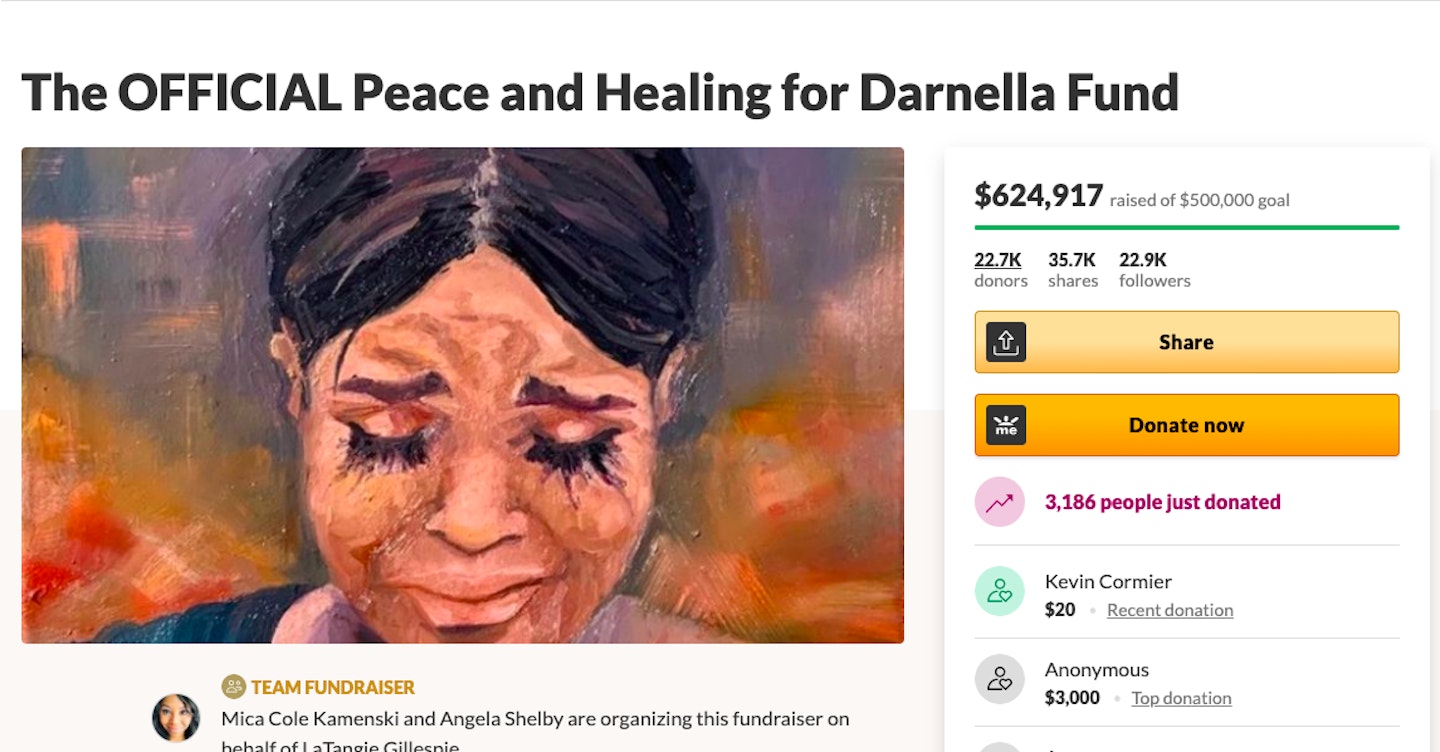 2 of 23
2 of 23Peace and Healing for Darnella Fund
Darnella Frazier, the brave young woman who filmed the murder of George Floyd, deserves peace and healing. In addition to the trauma of watching a black man be murdered by police, she has had to deal with trolls, bullies and ignorant people harassing her online. This fund is to support the healing and the restoration of hope for Darnella Frazier —whatever that means to her.
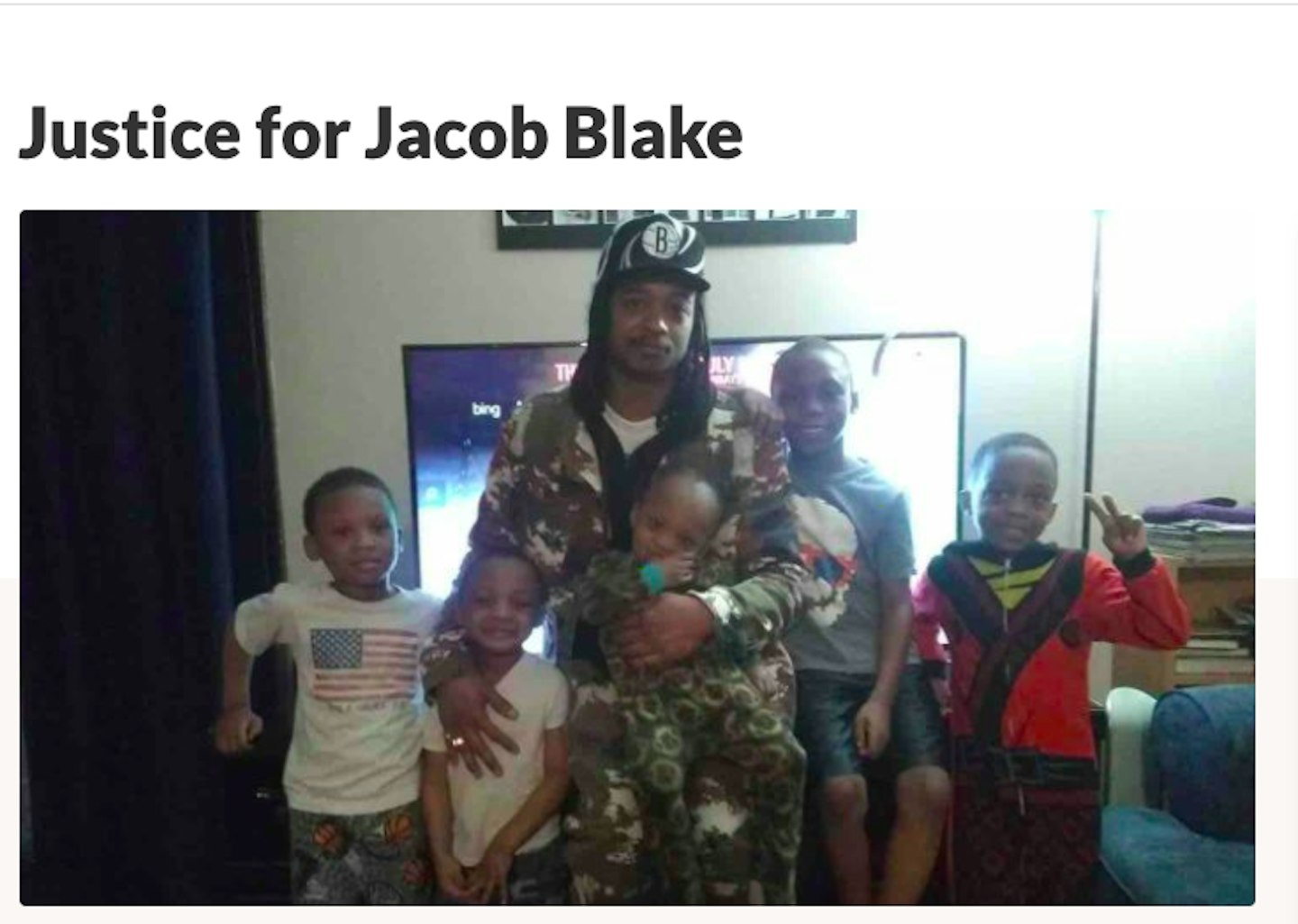 3 of 23
3 of 23Justice for Jacob Blake Fund
Set up by Blake's mother, this fund will cover his medical expenses, mental and grief counseling for his family and to assist them in the days to come, as they continue to seek justice for Jacob. A portion of these proceeds will also be used to benefit his six children.
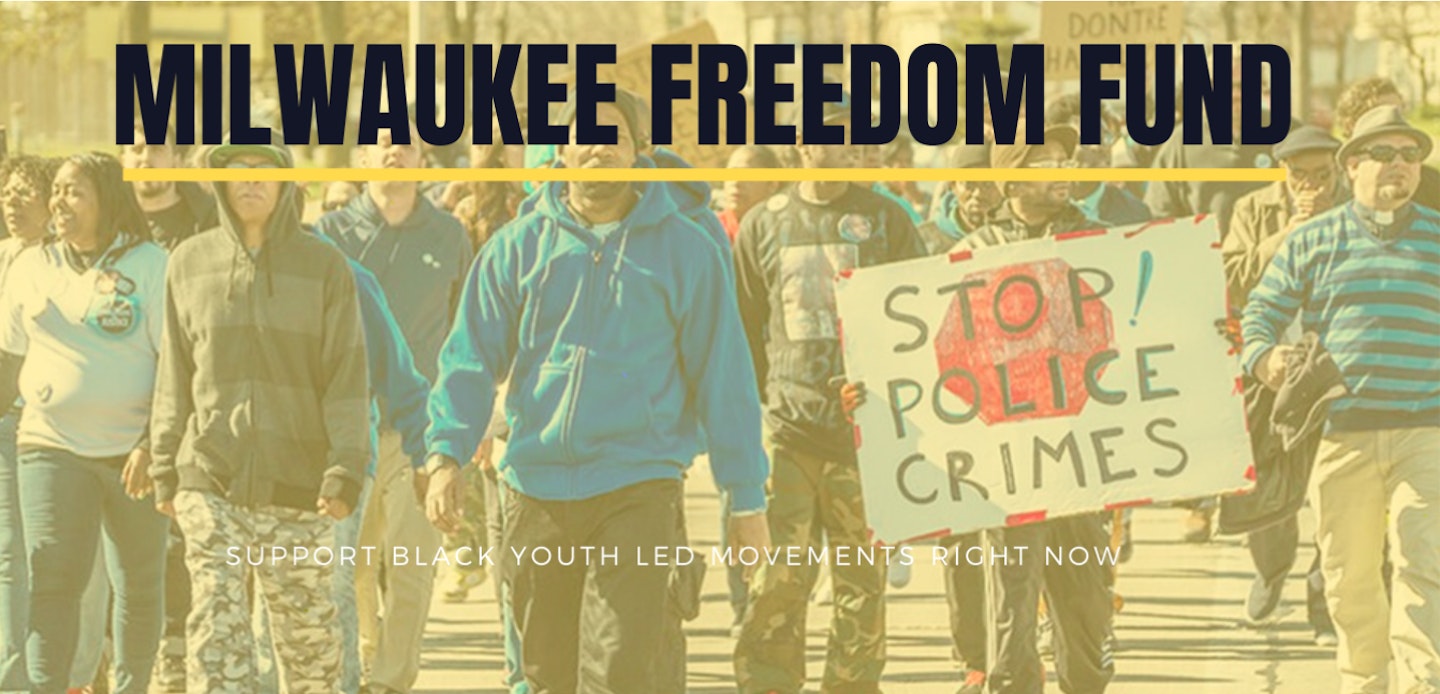 4 of 23
4 of 23Milwaukee Freedom Fund
MFF was started by Black and Brown Milwaukee organizers to support residents' right to protest for justice. Donations help support their work helping protesters and community mutual aid and start a locally controlled and operated Milwaukee Bail Out Fund that is part of the National Bail Out Network. Through this work they will build on ongoing bail abolition efforts, support immigration efforts, work towards Black and Brown Liberation and support Black and Brown young people as they build a new world.
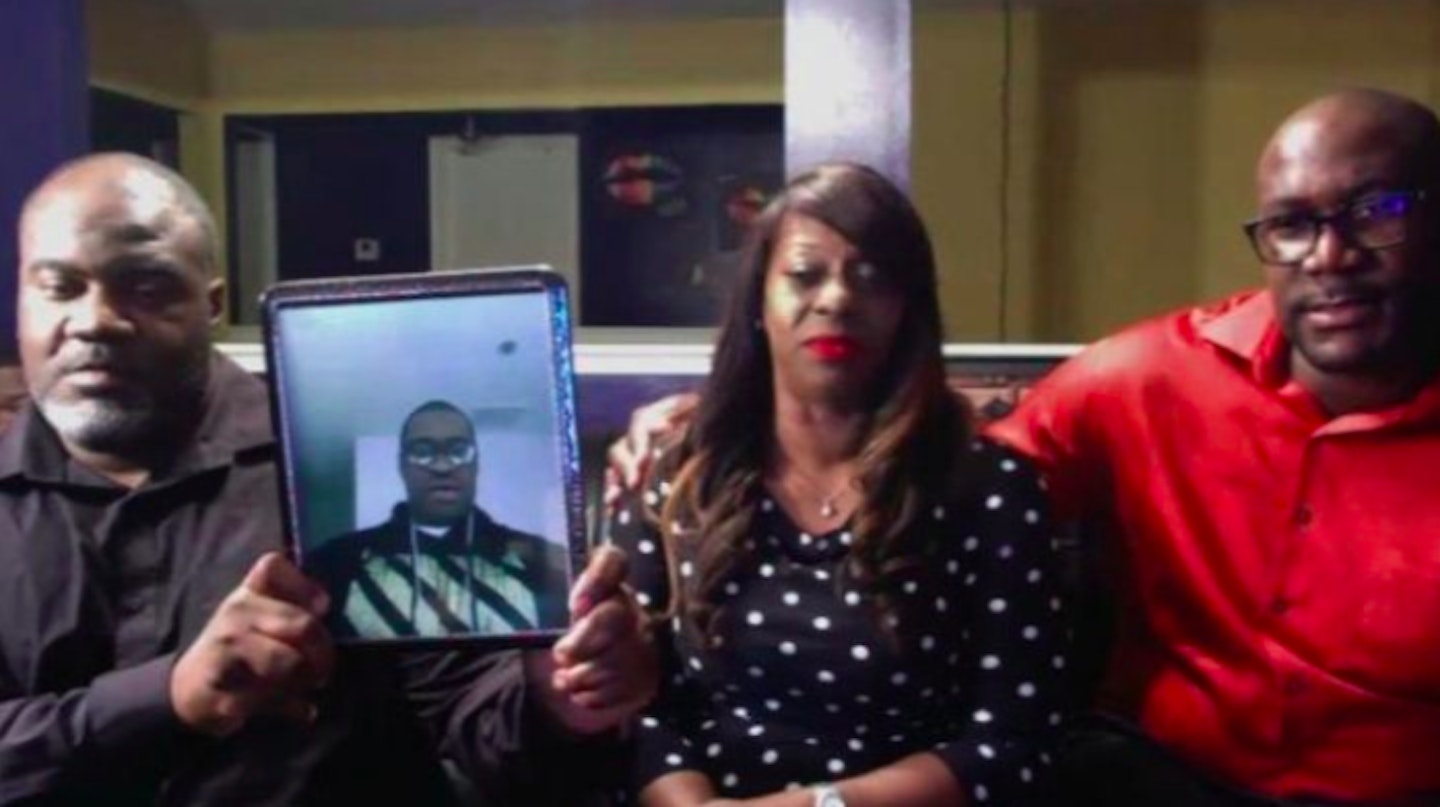 5 of 23
5 of 23George Floyd Memorial Fund
This fund covers his funeral and burial expenses, mental and grief counseling for the family, lodging and travel for all court proceedings and to assist the family in the days to come as they continue to seek justice for George. A portion of these funds will also go to the Estate of George Floyd for the benefit and care of his children and their educational fund.
 6 of 23
6 of 23Minnesota Freedom Fund
The MFF is working with the US National Lawyers Guild and Legal Rights Center to help bails that are set for protestors.
 7 of 23
7 of 23Prison Reform Trust
Prison Reform Trust works to make the prison system in the UK just, humane and effective.
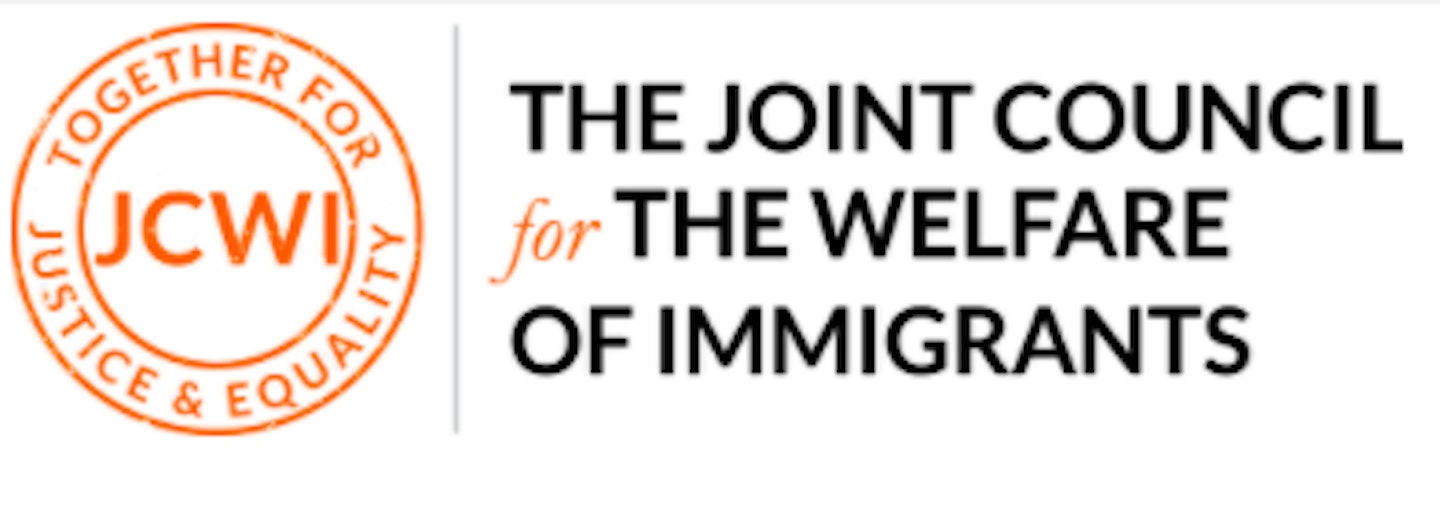 8 of 23
8 of 23Joint Council For The Welfare Of Immigrants
The JCWI aims to create a world in which immigration law and policy are based on sound evidence, promote the rule of law and are underpinned by respect for human rights and human dignity
 9 of 23
9 of 23Access UK
Helps reduce BME youth unemployment, provide employment and training solutions for youth offenders and implement anti-gang initiatives in the community.
 10 of 23
10 of 23Charity So White
Tackles institutional racism in the charity sector.
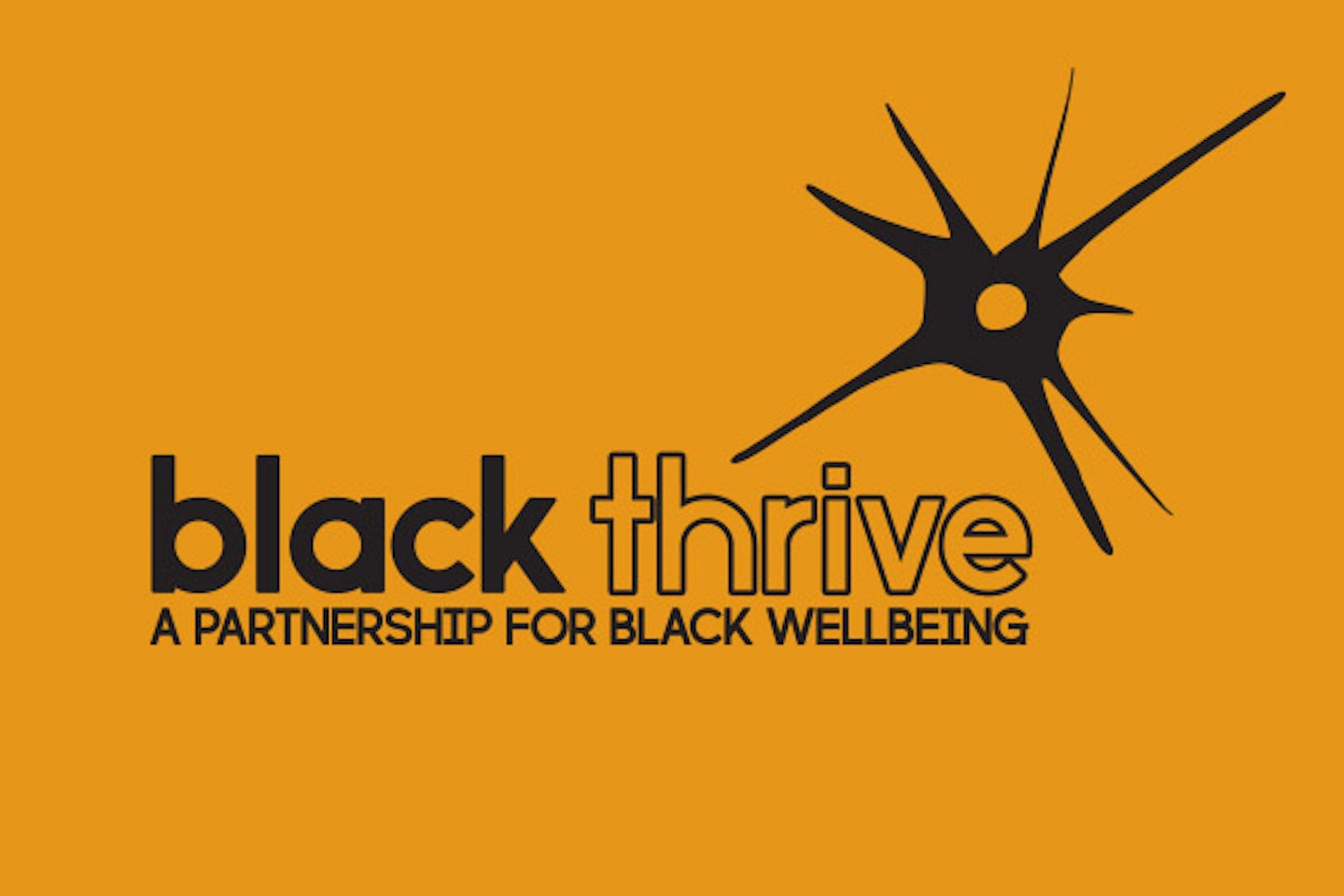 11 of 23
11 of 23Black Thrive
Black Thrive works to reduce the inequality and injustices experienced by Black people in mental health services.
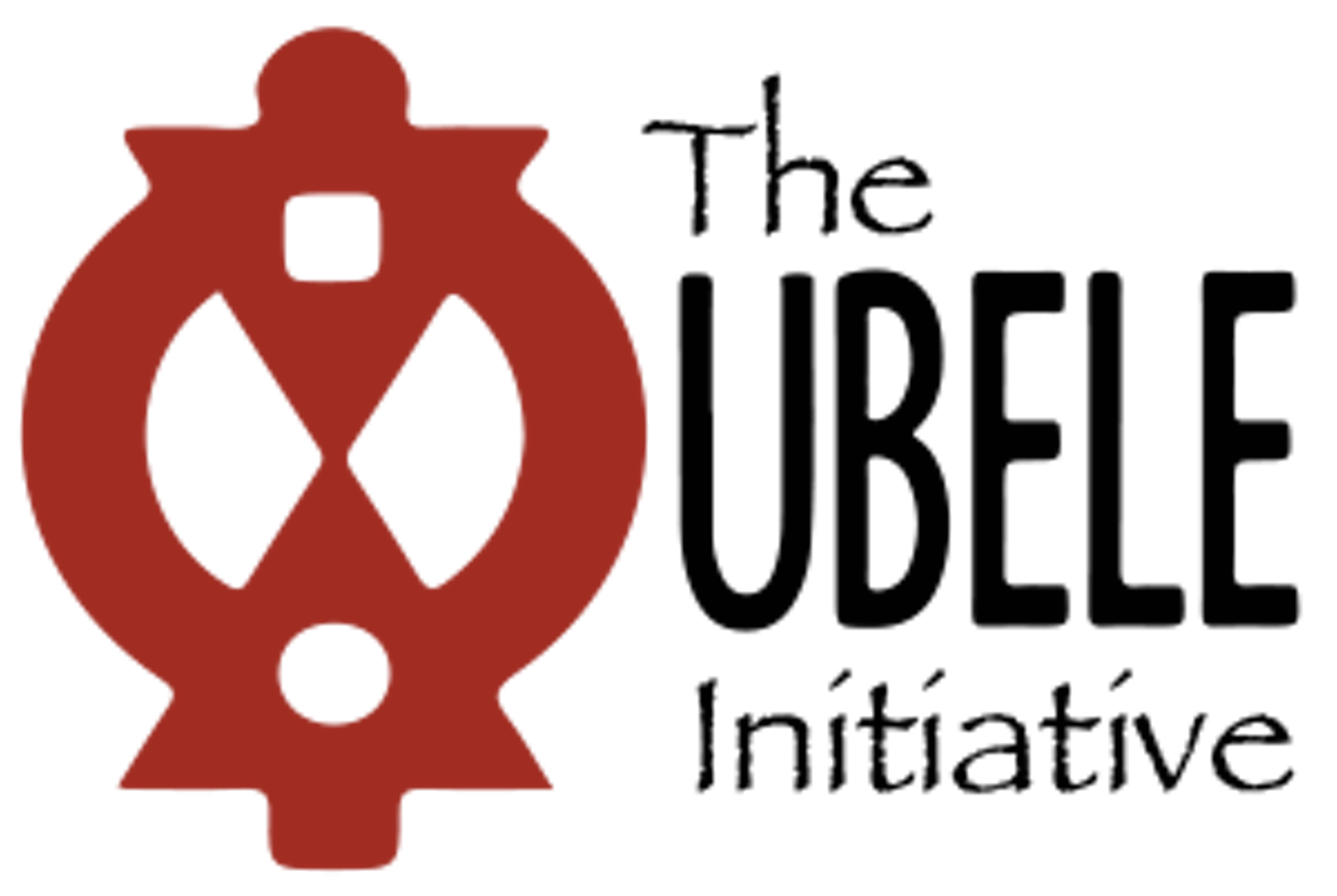 12 of 23
12 of 23The Ubele Initiative
Supports the African diaspora community.
 13 of 23
13 of 23Women In Prison
Supports women affected by the criminal justice system and campaigns to end the harm of prison to women, their families and our communities.
 14 of 23
14 of 23Race On The Agenda (ROTA)
Race On The Agenda (ROTA) is a social policy research organisation focusing on issues that impact BAME communities.
 15 of 23
15 of 23Show Racism The Red Card
Provides educational workshops, training sessions, multimedia packages, and a whole host of other resources, all with the purpose of tackling racism in society.
 16 of 23
16 of 23The Equality Trust
Works to improve the quality of life in the UK by reducing economic and social inequality.
 17 of 23
17 of 23Stop Hate UK
A service for victims of racial harassment aiming to end hate crimes in the UK.
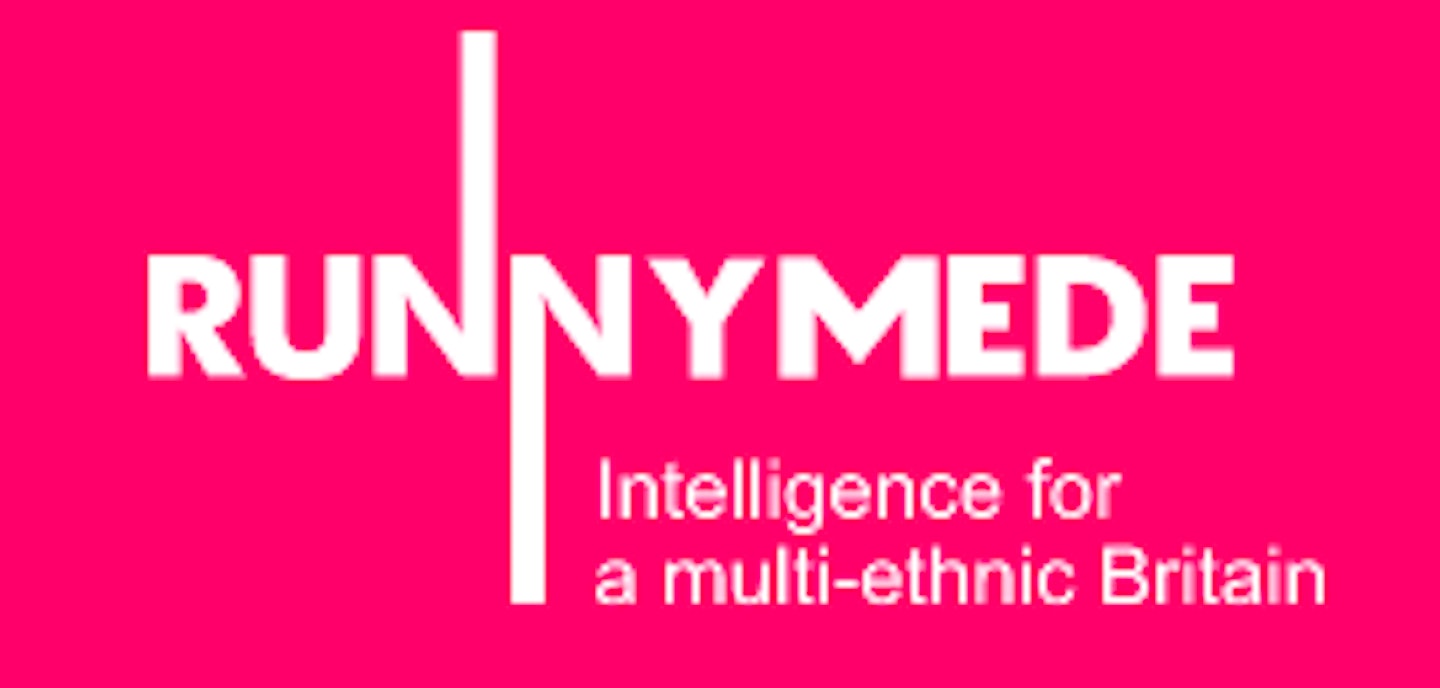 18 of 23
18 of 23Runnymede
Generates intelligence to challenge race inequality in Britain through research, network building, leading debate, and policy engagement.
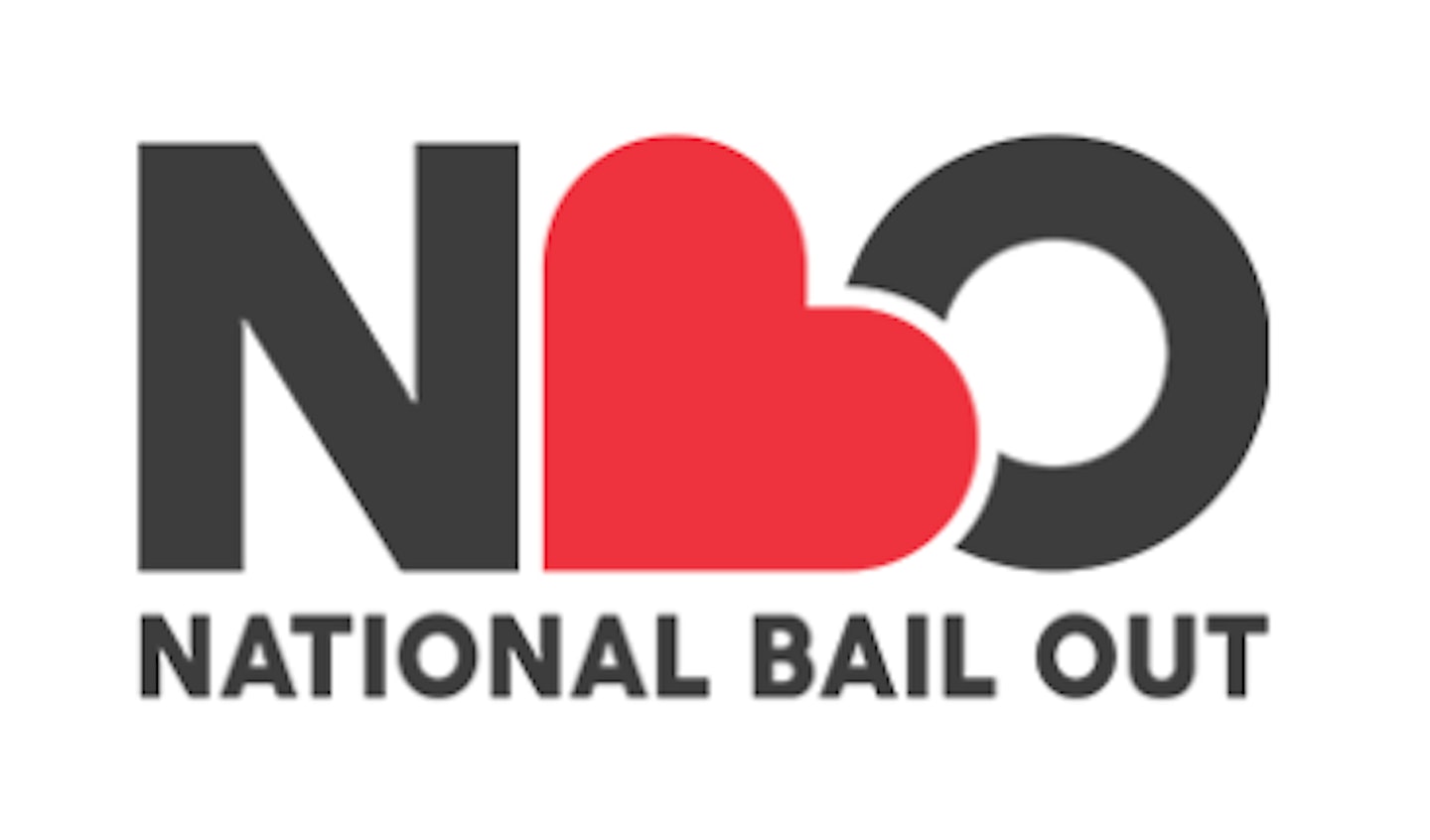 19 of 23
19 of 23National Bail Out
This US charity is a Black-led and Black-centered collective of abolitionist organizers, lawyers and activists building a community-based movement to support our folks and end systems of pretrial detention and ultimately mass incarceration.
 20 of 23
20 of 23Black Lives Matter
This US organisation (for which there is a UK movement here) fights to end state-sanctioned violence, liberate Black people, and end white supremacy forever.
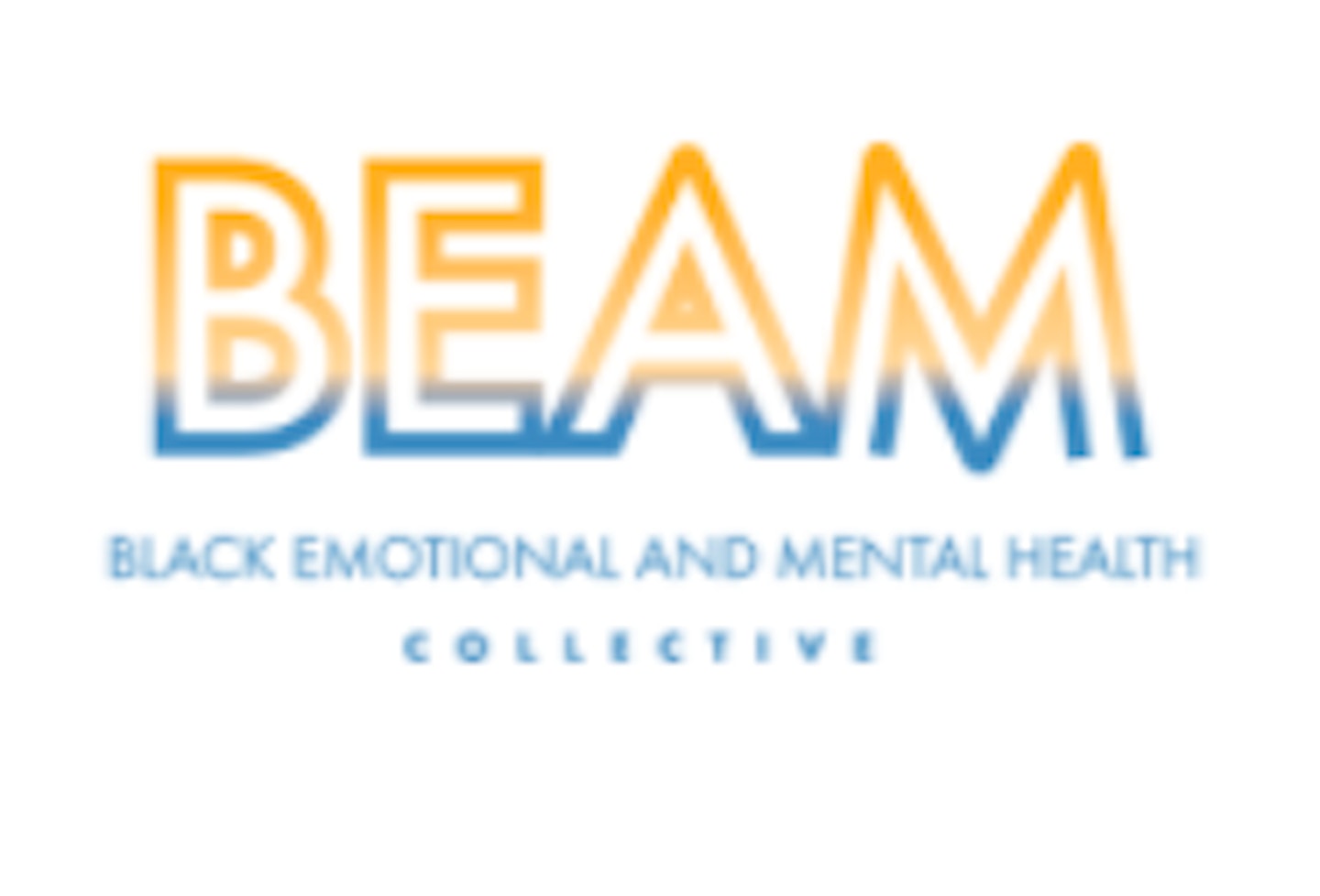 21 of 23
21 of 23BEAM
BEAM is a US training, movement building and grant making organization dedicated to the healing, wellness and liberation of Black and marginalized communities.
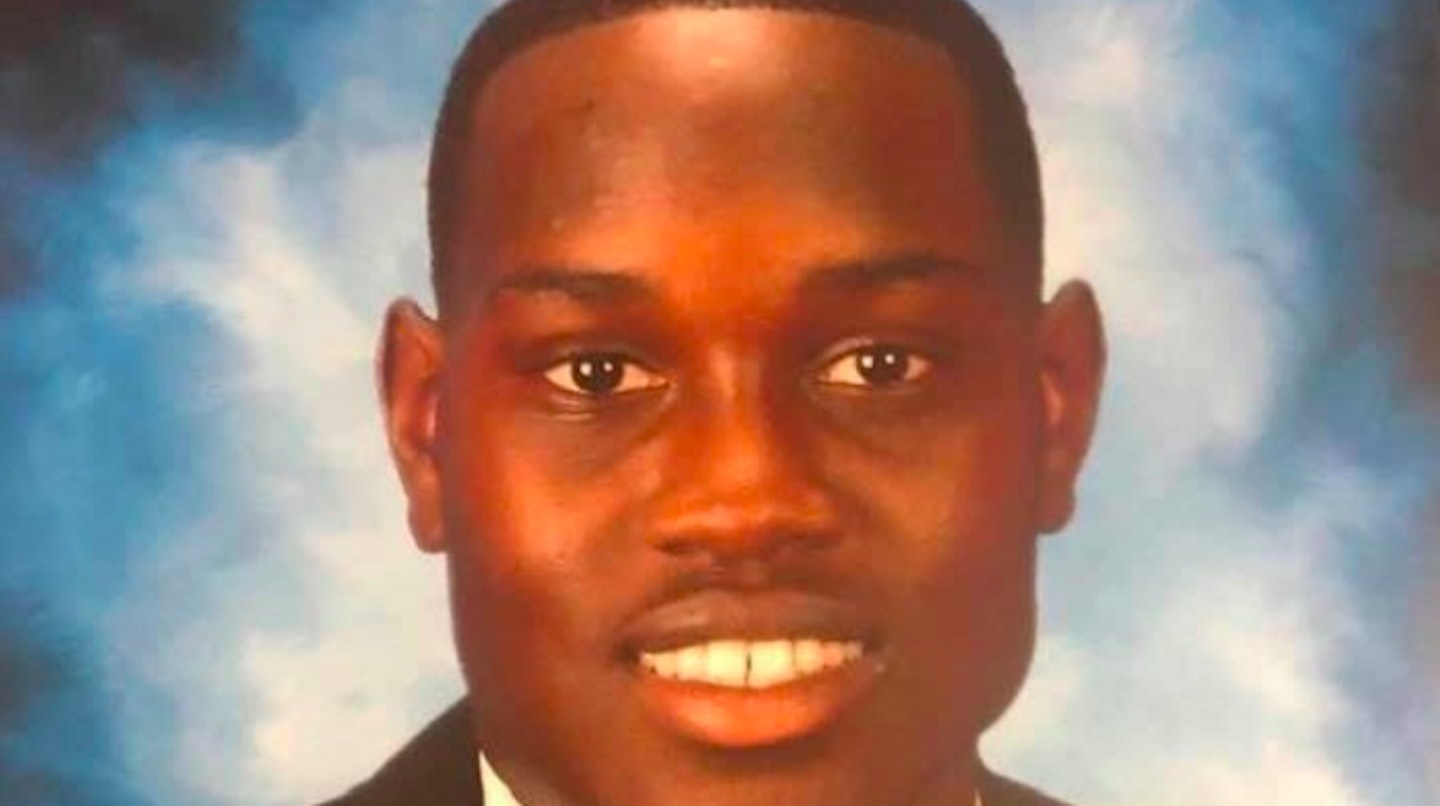 22 of 23
22 of 23Ahmaud Arbery Memorial Fund
Ahmaud Arbery was chased and gunned down by Travis McMichael, son of retired Brunswick investigator Greg McMichael, under the father's and son's pretenses of witnessing a burglary in Satilla Shores of Glynn County. There is no evidence of the alleged burglary.
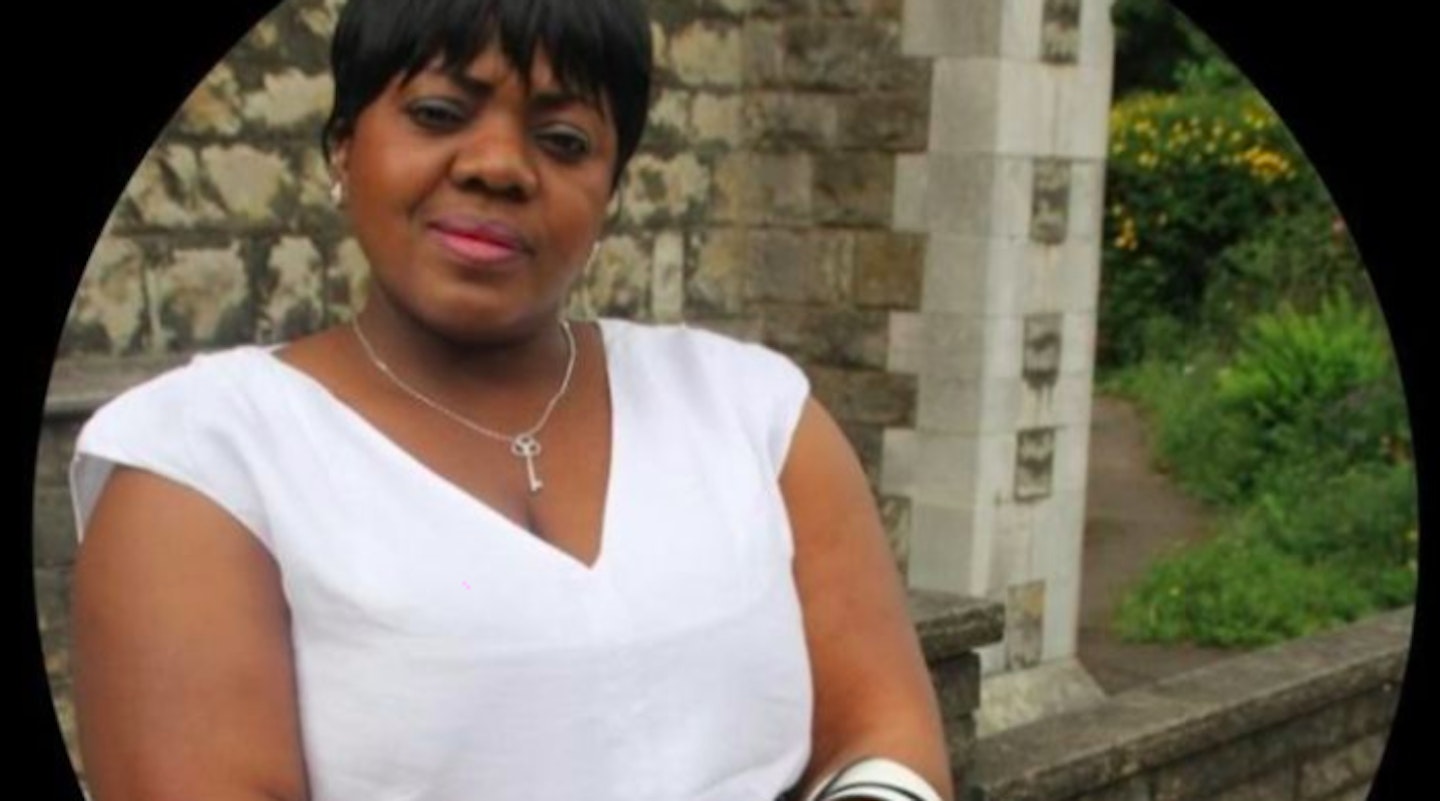 23 of 23
23 of 23Belly Mujinga Memorial Fund
For the memorial of Belly Mujinga, the railway worker who was spat at before she died of Covid-19.
What I personally noticed during the 100 days since the death of George Floyd is that the All Lives Matter supporters and promoters are awfully loud. A lot of people have made declarations about the steps they are taking to make changes and learn how to be anti-racist, but in the shadows of privacy, another story is being told. I am constantly met, in emails and on social media, with opposition when I say that there is no race on earth as degraded or dehumanised as the Black race and that we all must work harder to not only protest for the lives of Black people, but also protect them. While I don’t allow the malicious things that are sent my way to hurt me, it does often chip away at my resolve and make me want to step back from talking about racial injustices.
READ MORE: 23 Things To Watch If You're Trying To Educate Yourself About Racism
I know I’m not alone. Many of those who have been called ‘activists’ have been suffering from heartbreaking fatigue at this time. One of my favourite teachers, Lovette Jallow (who founded the non-profit organisation Action For Humanity),
recently shared a video detailing how heartbroken being an activist has left her. Through tears she described threats made against her life and how she has nothing left to give. I felt that so deeply, because for many of us who are Black and are also committed to doing ‘the work’, the task feels as though it will always be bigger than us.
But what about those who wouldn’t describe ourselves as activists yet still feel they are beyond turning a blind eye to the racist world we inhabit? What do they feel has changed in these 100 days? I asked my social media audience.
‘I think there have been more white people whose blinders have been removed. I think there are more people sincerely educating themselves and working on becoming anti-racist,’ responded one person. ‘The main change for me is gaining a greater understanding of what is meant by white privilege,’ another answered. ‘I used to think I didn’t have this as I have worked hard to be where I am. I am still gaining an understanding of how the fact I am a white woman automatically gives me advantages that women of colour wouldn’t have.’
But not all responses were so hopeful: ‘From what I can see, nothing has changed or has been addressed by the police in the States, let alone anywhere else. A lot of hot air and turning a blind eye. The scale of the brutality is sickening.’
To be honest, my feelings are in line with the latter. Police brutality is still as deadly as it’s ever been. There have been so many ‘justice for’ hashtags that we have now begun to recycle names. But the monikers that came before them still linger in our consciousness – without fair closure to their unfair deaths in sight. The police who killed 26-year-old Breonna Taylor in her own home have still not been arrested and charged. So, when I’m asked what has changed in the 100 days since the killing of George Floyd, as a Black woman, I have to be honest and say: not much at all.
‘I Am Not Your Baby Mother’ by Candice Brathwaite (£16.99, Quercus Publishing), is out now.
Candice is a contributing editor for Grazia, writing about everything from the Black Lives Matter movement to parenting through a pandemic and more
